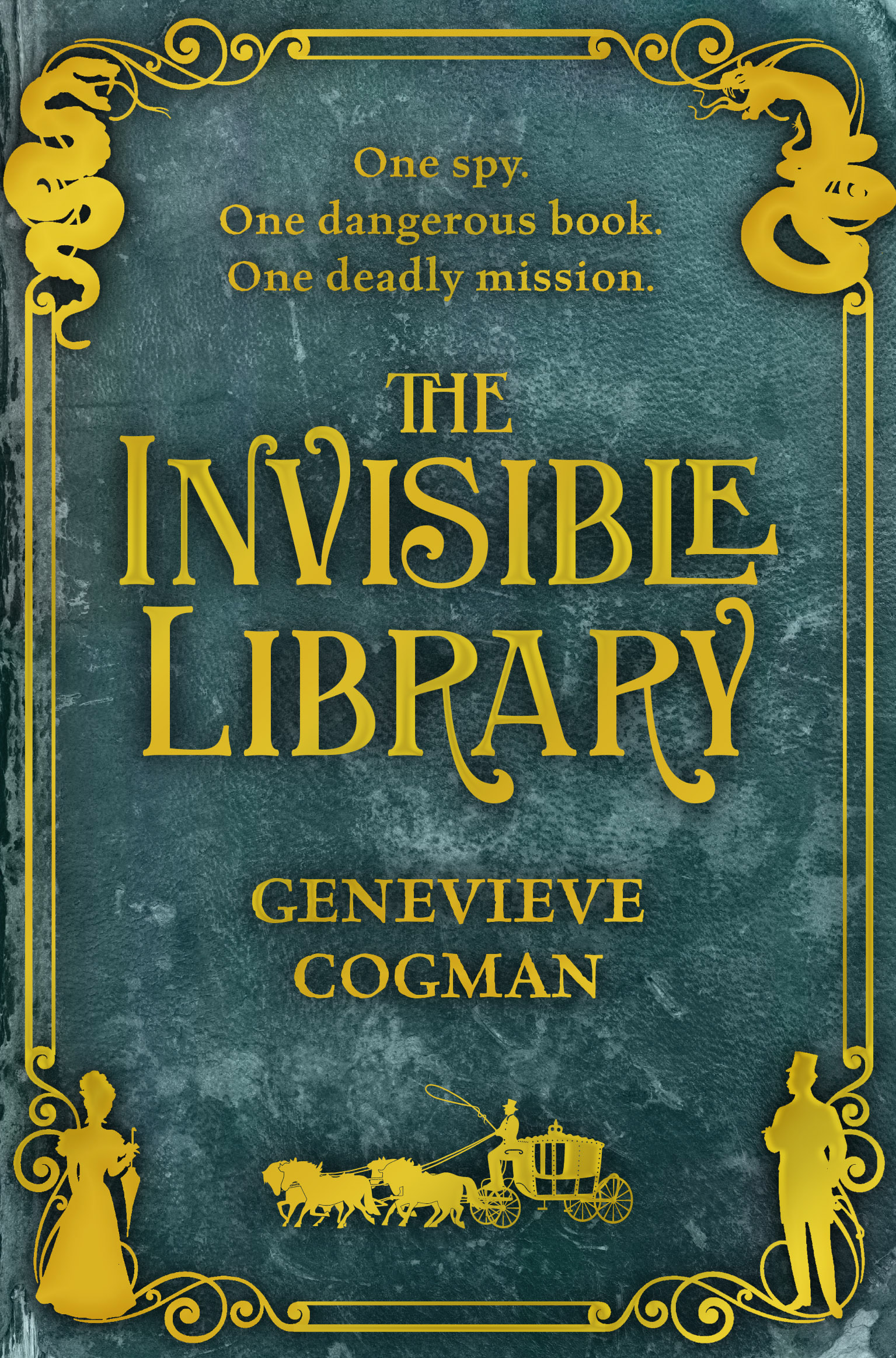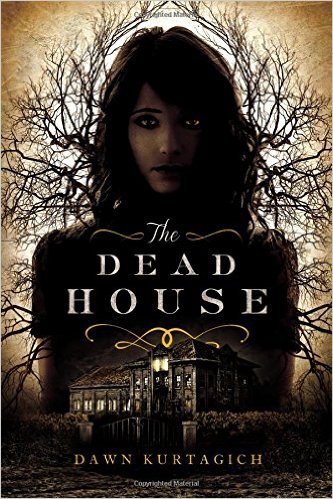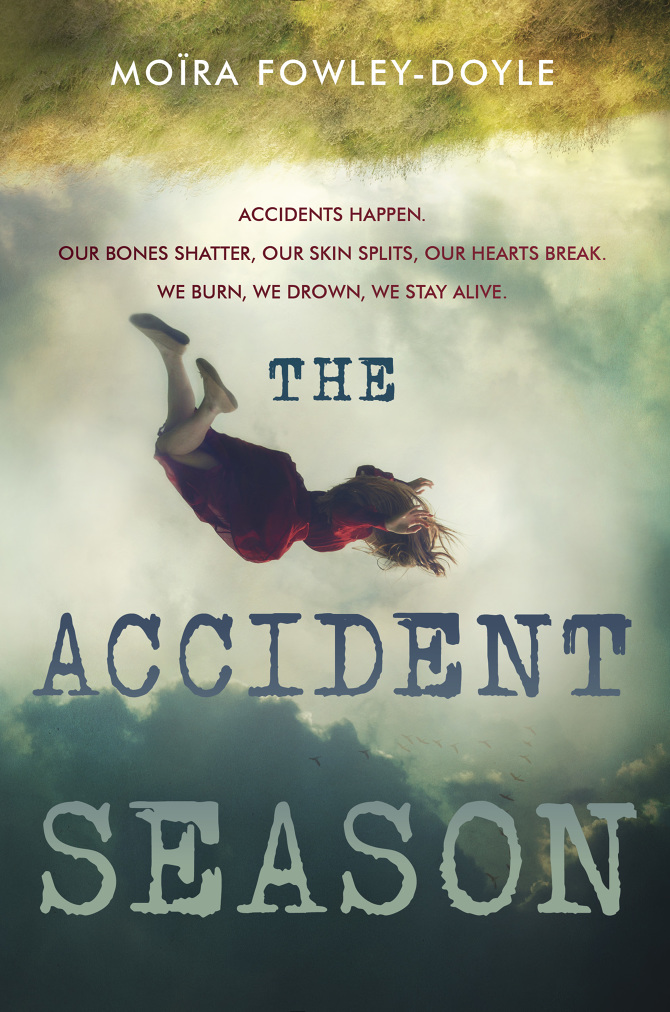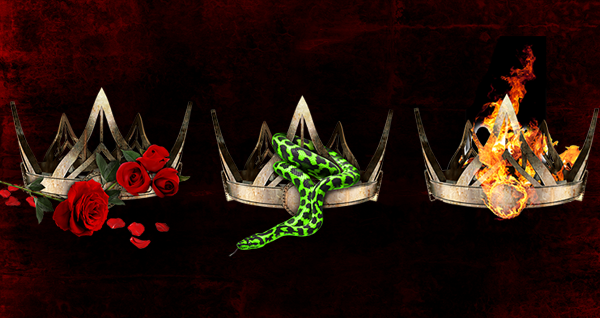If you’ve ever wanted to wander around the library at Hogwarts, explore the restricted section and discover all of its secrets, you should probably take a look at this month’s Author Takeover. Author Genevieve Cogman explores the use of masks in the Harry Potter series and the importance of designing an identity.
Genevieve’s own novels, The Invisible Library and The Masked City, take the concept of a magical library to a whole other level. Throw in professional spies, alternate worlds and entirely unpredictable magic and you have a book series everyone with an inner Hermione would love!
You can find Genevieve at her website grcogman.com or on Twitter at @GenevieveCogman.
A Carnival of Characters
Did you ever dream about getting your Hogwarts letter?
And did you ever think, if I went to Hogwarts and I was a witch or a wizard, I’d be someone much cooler, much more powerful, much more significant… Someone different. Someone better. Someone else.
Masks can be worn to hide a criminal’s identity, like the Death Eaters, or to establish the wearer as part of a wider movement – again, like the Death Eaters. But they can also be a more positive tool, a way of recreating yourself as a new person, or the more neutral option of identifying yourself as part of a wider group and putting yourself on the same level as everyone in that group.
In Venice, the Carnival was instituted at the end of the eleventh century. Besides the public display of the city’s wealth and independence and power, it also gave the citizens a social vent to sidestep the public roles of patricians and citizens, rich and poor. The Carnival allowed citizens to release their social and personal tensions, encouraging feelings of community, reminding them of their original principles of equality and brotherhood. Even if the mask and disguise were less than perfect, the identity of the wearer was never to be revealed: he was always addressed as “Signor Maschera”.
Masks are a tool for reinvention. You put on the mask and you make yourself a new person. And then, in an ideal world, everything is different – you’re a new person, a more interesting person: you’re one of the group, you’re treated as an equal by all the other masked people, you’re accepted. The negative side of this would be the Death Eaters, where the mask is part of a fascist uniform and a way to conceal identity.
Hermione Granger is one of my favourite characters. I have wondered sometimes if as an enthusiastic bookworm and scholar, she’d already had problems with other people at school, and had difficulty in making friends. Perhaps when she got her Hogwarts letter and her wand, she thought that she could become a new person as a witch. She would be part of a new community, based on principles of study and hard work, and on the most important thing of all: everyone inside that community could use magic. She wouldn’t be just “Hermione Granger” any longer. She would be a witch. And as an adult she stayed inside the magical community, even if she worked to change it for the better.
Petunia Evans wanted to go to Hogwarts and be a witch like her sister. When that was refused, she aggressively adopted a mask of normality, trying to change herself into a person who hadn’t wanted to be a witch and who never could have wanted to be a witch. She remade herself in the opposite direction, establishing herself inside the community of “normal” people, defining herself as everything that wasn’t magical.
But the Carnival of the magical world was flawed, with purebloods distinguishing themselves from “mudbloods” and “blood traitors”. People on both sides drew more and more precise lines about what precisely a “witch” or a “wizard” was. Degrees of blood. Pledges of allegiance. Secret orders and hidden societies. As the series drew on, we saw increasing examples of the society tearing itself apart, with the villains finding new ways to identify themselves as separate from each other rather than bringing the magical world together, and with the heroes uniting all sides – all Houses – as part of a greater whole.
But ultimately every Carnival has to come to an end. The robes are stripped away, the masks put aside: the entertainers are gone, the dancers have vanished, the celebrations are over, and true identities are revealed. Even Lord Voldemort is reduced to Tom Riddle, once the mask is off and his true face laid bare. We can only hope that when the Carnival starts again, with all the participants donning their masks as Witch and Wizard, the community will be more balanced, more equal – more united.
(With thanks to Peter Ackroyd for his comments on the Carnival in his book Venice.)





